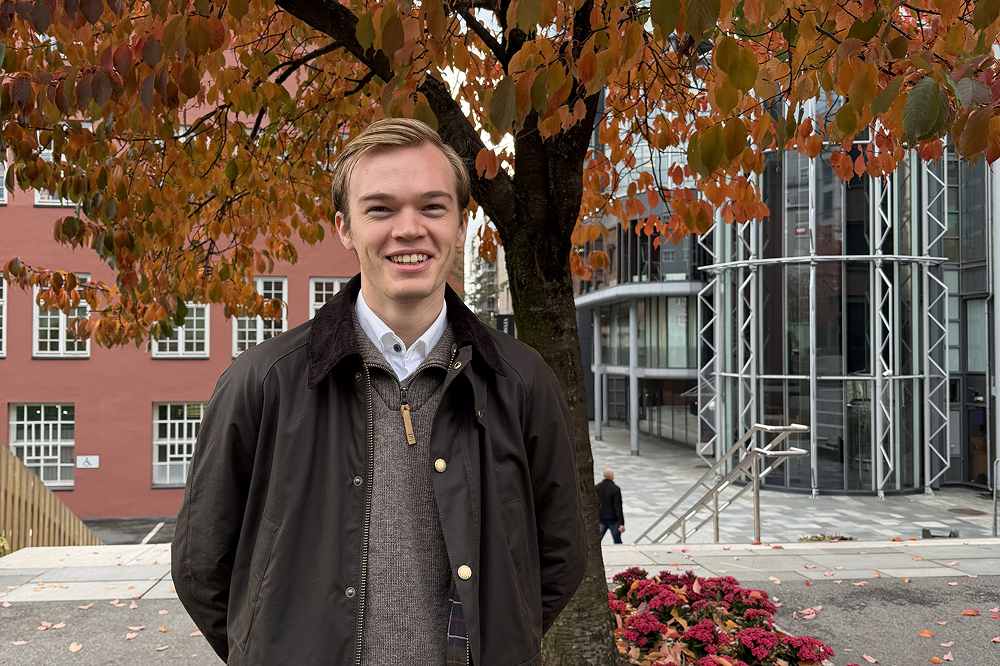
Interview - Simen's Master Thesis
What is your relation to Maritime Optima?
I’ve had several internships at Maritime Optima. During the two past summers I’ve worked as a summer intern data scientist. I’ve leveraged vessel positions to identify berths, and analyzed vessel trajectories to build a machine learning model capable of predicting a vessel’s destination. I’ve just completed my Master thesis which was conducted in collaboration with Western Bulk, a dry bulk operator, and Maritime Optima.
What is the name of your thesis, and what is the scope of it?
The title of the thesis is Tramp Ship Routing and Scheduling in the Dry Bulk Industry including Bunker Optimization and Fleet Repositioning. The thesis considers a dry bulk operator which aims to maximize the profit for its entire fleet by coming up with cargo schedules. As such, the operator must determine which cargoes to transport, how much cargo to transport, bunker considerations such as where to bunker and how much bunker to purchase. Finally, the thesis considers where the vessels are positioned at the end of the planning horizon. It is preferable to allocate vessels in regions that are expected to be profitable in the future. To this end, the problem is formulated as a stochastic optimization problem.
What was the motivation behind your Master thesis?
The thesis was initiated by a collaboration between Western Bulk and Maritime Optima. After consulting with Western Bulk, the thesis honed in on the problem of optimal fleet allocation in profitable regions.
What has been done by previous students and companies within related topics?
The academic literature on ship routing and scheduling problems is surprisingly rich. However, there have not been any previous papers published on problems combined with the specific extensions incorporated in my Master thesis.
How did you approach the problem?
My academic advisors have been a massive help. Their perpetual support and guidance have been essential for the success of my Master thesis. Further, Western Bulk provided real-life data and offered me an opportunity to sit at their office and learn about their industry. In addition to routing data provided by Maritime Optima, I’ve had a lot of resources available to me, which has guided the development process of my thesis.
What was the biggest challenge?
The biggest challenge was to become familiar with the technology leveraged to solve optimization models. Although I’ve had several theoretical courses on the topic, implementing the technology was an interesting challenge, which I’ve benefited a lot from.
What have you learned? And how will you use that knowledge in your future work?
Working with my thesis, I’ve learnt about the applicability of optimization technologies, and in particular, how one would utilize such technology in maritime transportation. I believe these skill are invaluable in a rapidly changing industry.
Do you feel like your scholarship from Maritime Optima has helped when writing your Master thesis, and in what way?
The scholarship from Maritime Optima has allowed me to have regular visits with my advisors, industry partners, and industry experts whenever I’ve been in need of advice. I’m grateful for the opportunity given to me by Maritime Optima.
Would you recommend this scholarship to other students?
I would definitely recommend Maritime Optima’s scholarship program to future Master students. Working with a real company is always exciting when working on your thesis. It helps with linking your work to real-life applications.















